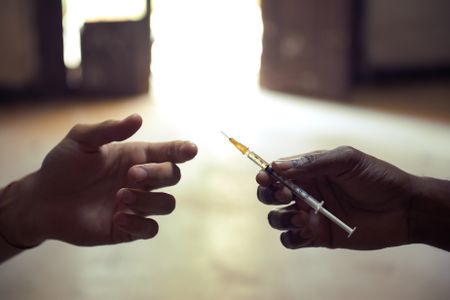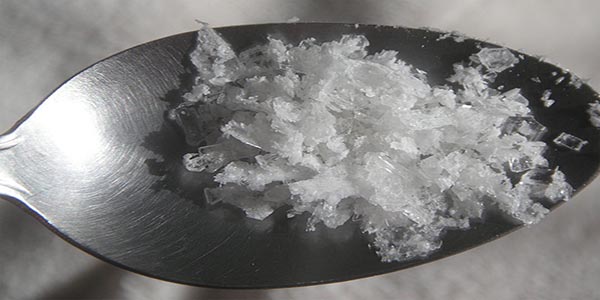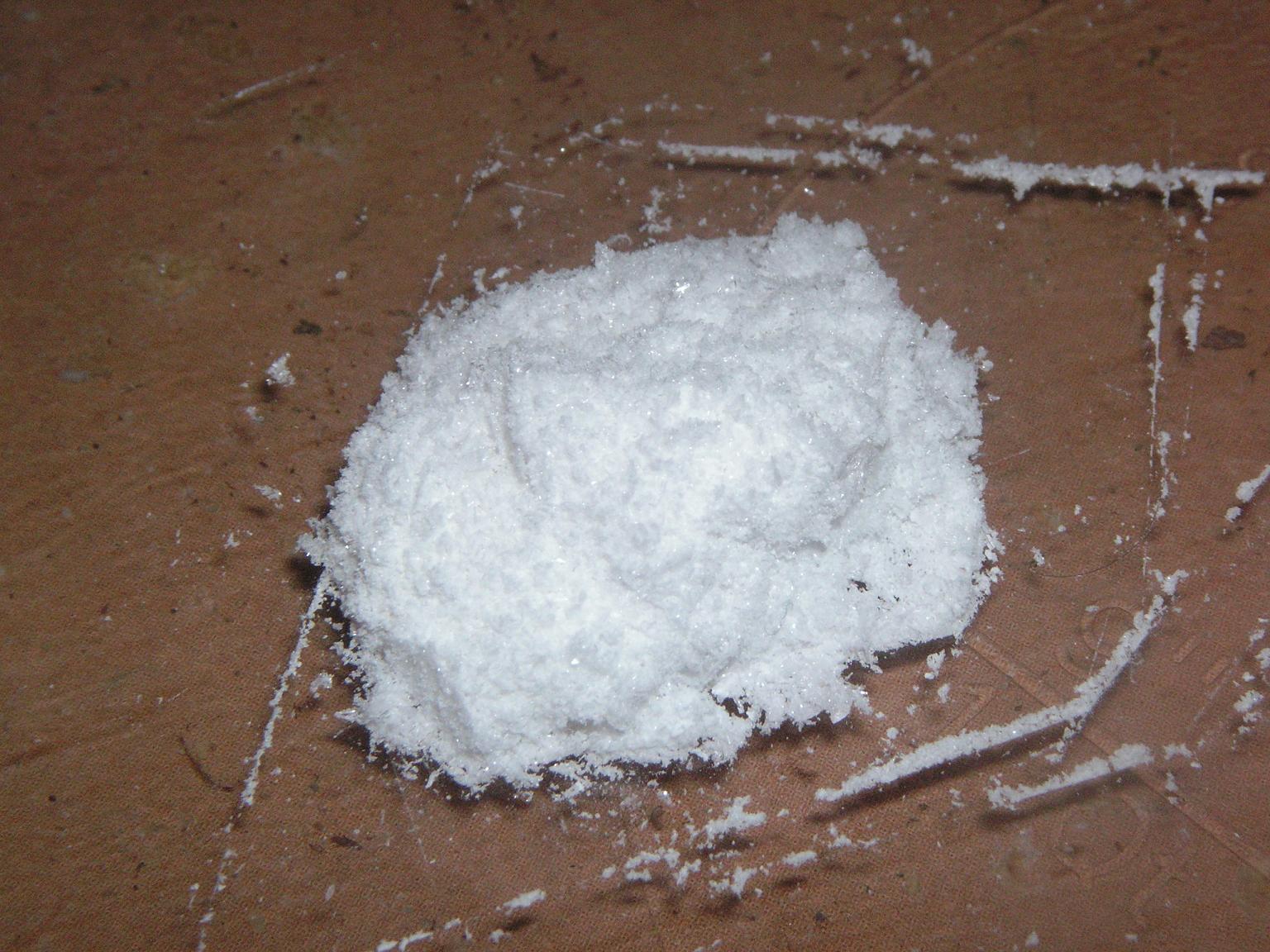According to the Government’s Crime Survey for England and Wales, increasing numbers of young people are using ketamin...
Ketamine is often referred to as a 'horse tranquilliser', although this is not strictly correct. It is widely used in ve...
Ketamine users as young as 20 are being condemned to a "lifetime sentence" after having their bladders removed due to he...
At Addiction Helper we frequently get calls from people seeking information about Ketamine. In 2011 Drugscope reporte...
What is Ketamine? Ketamine (sometimes known as special K or simply K) is short-acting general anaesthetic typically u...






